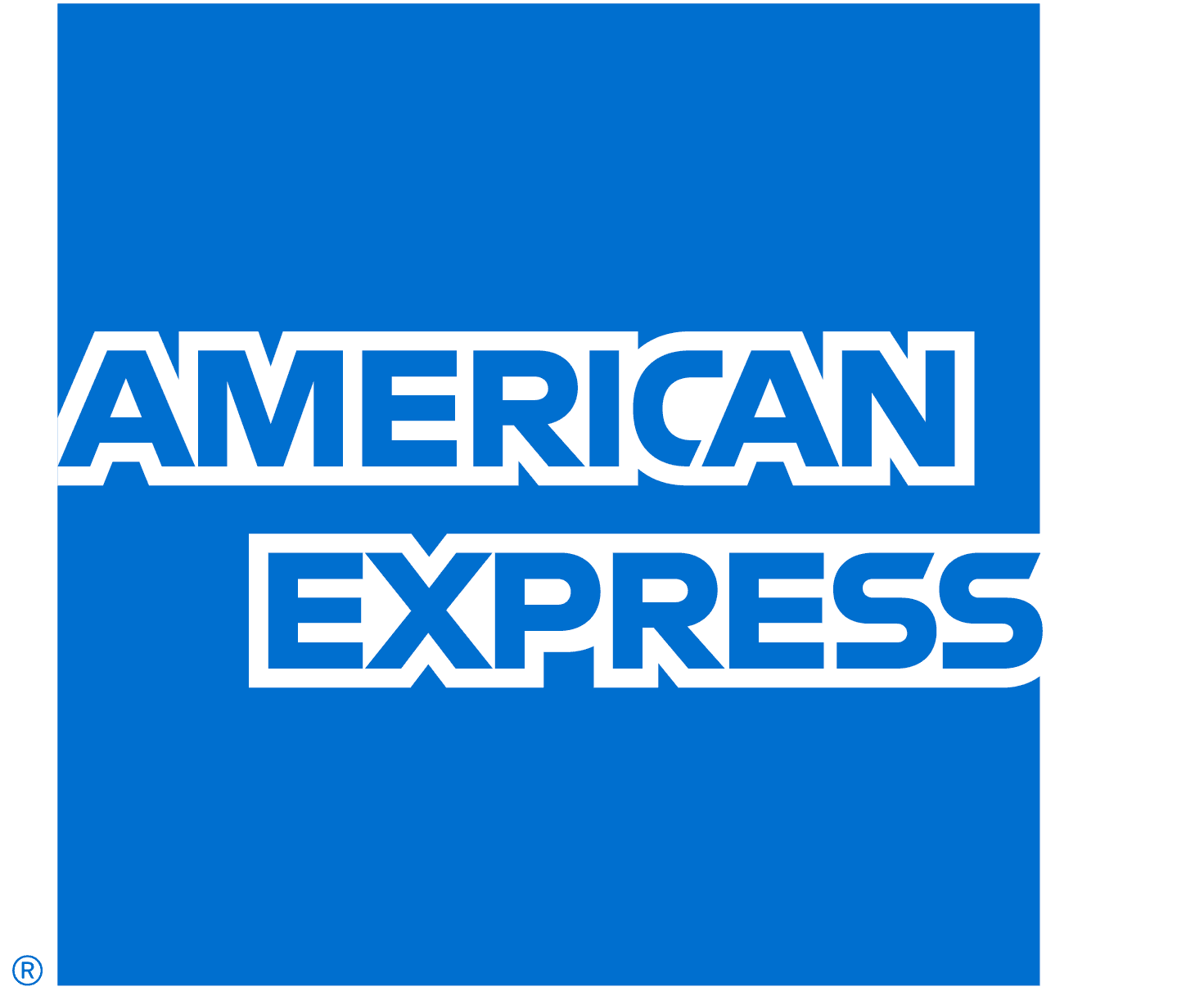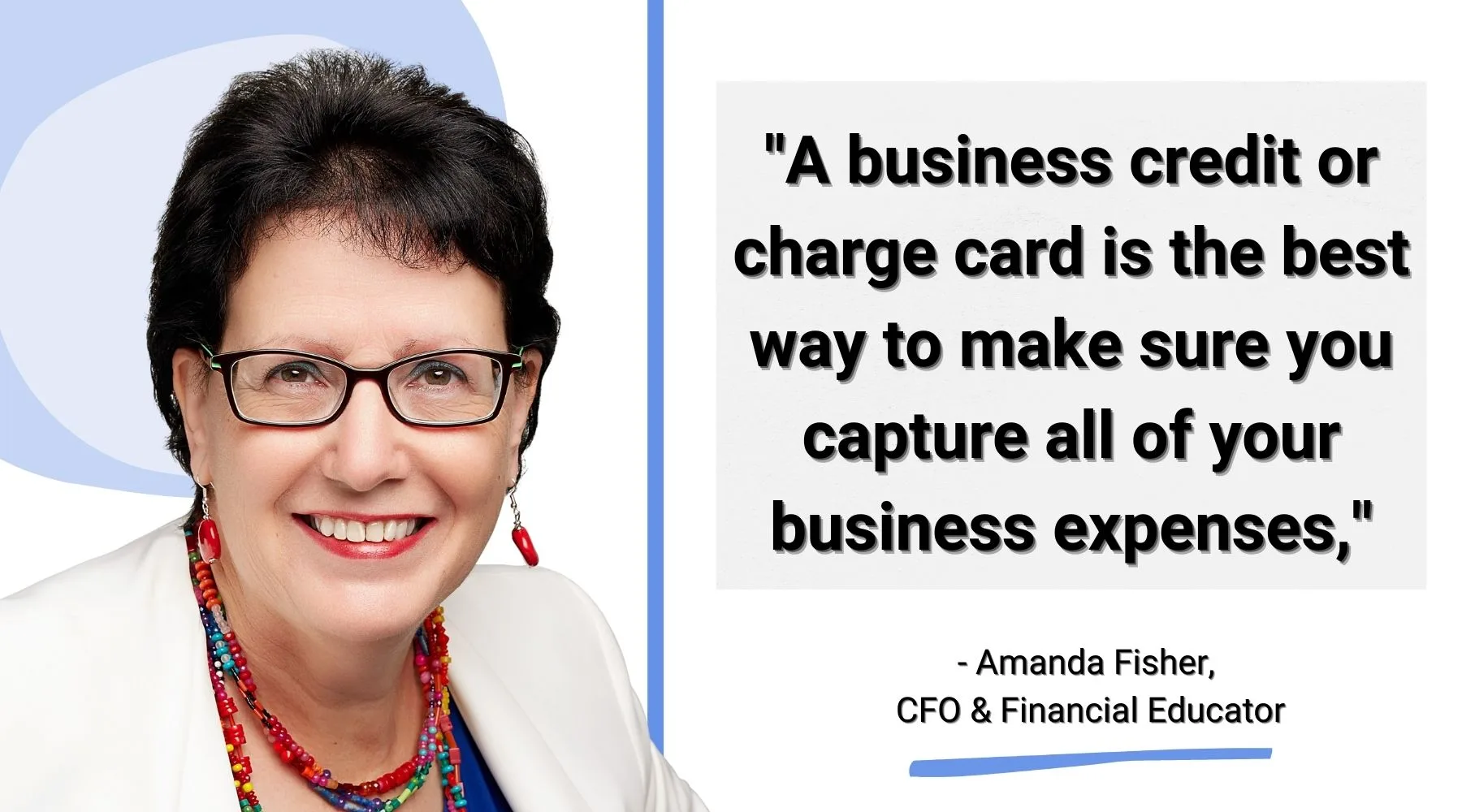5 tips to overhaul your bookkeeping

Get your bookkeeping process down pat and you'll spend less time on admin while reaping more rewards.
 Sponsored by the American Express Qantas Business Rewards Card. Receive 170,000 bonus Qantas Points when you apply by 16 June 2026 and spend $6,000 on eligible purchases within the first 3 months. Available only to new American Express Card Members. T&Cs apply.
Sponsored by the American Express Qantas Business Rewards Card. Receive 170,000 bonus Qantas Points when you apply by 16 June 2026 and spend $6,000 on eligible purchases within the first 3 months. Available only to new American Express Card Members. T&Cs apply.
If you're ready to overhaul your bookkeeping, keep reading. We asked several business experts for their insights and advice on setting up an effective system.
1. Embrace change
Overhauling your bookkeeping system can seem like a lot of effort, especially when you have one that works well enough. But complacency with old systems can lead businesses to miss opportunities that would have opened up had they chosen innovation instead.
"When it comes to managing your business finances and cash flow, complacency is the enemy," said Ben Pfisterer, CEO of EFTPOS provider Zeller.
"While it might seem easier to stick with what you're used to, investing a small amount of time and effort into digitising and streamlining your bookkeeping now means you will reap the benefits for years to come."

2. Invest in bookkeeping software
Bookkeeping software can take a minute to get used to but once you've mastered the basics, you'll never go back. It can save you time, help you identify opportunities, and even assist with maintaining better business relationships.
"Most bookkeeping software packages offer you the opportunity to add due dates and ensure that you do not pay anything late and incur unnecessary bills and bad supplier relationships," said Chantelle Smith, management accountant at Connectt Total Business Solutions.
In many cases, you can even link your bank account or business credit card account directly to your bookkeeping software to create automated and in-depth reports.
For example, American Express Business Cards can be integrated with MYOB, Quicken and Microsoft Excel, so you can consolidate financial statements and simplify your business reporting.
"With proactive and timely bill capturing you can, with a click of a button, see all your bills due on a certain date, you see what's coming up in the weeks or months to come and you can plan your cash flow accordingly," said Smith, "Cash flow is so crucial for small to medium sized businesses."
These platforms don't have to be expensive either. Most programs are affordable and have packages at various price points for businesses large and small.

3. Consider a business card
If you don't have a dedicated business credit or charge card yet, it might be worth considering. A business card can help you keep expenses separate from personal spending which can simplify your bookkeeping efforts.
"Instead of using a personal credit card to pay for business purchases, a business credit or charge card is the best way to make sure you capture all of your business expenses," said CFO and financial educator Amanda Fisher.
"There are many costs in business that can be paid by a credit or charge card. If you've got funds in your business bank account, a charge card is an easy option with the funds coming straight from the business bank account at the time of payment."
In addition to streamlining systems, credit and charge cards can also help owners offset their business expenses. For example, business owners with an American Express Qantas Business Rewards Card can earn up to 1.25 Qantas Points per $1 spent on everyday business expenses.
Qantas Points can then be used to help offset business expenses including flights, hotels and gift cards. Use them to cover business costs, reward employees or treat clients. (You can even treat yourself if you want.)

4. Maintain your bookkeeping
Smith also says many businesses may be missing opportunities because they don't maintain their bookkeeping.
"The biggest mistake business owners make is viewing bookkeeping begrudgingly as a task that you perform retrospectively merely for tax compliance," she told Finder. "From receipts stored in shoe boxes to folders full of months of unrecorded transactions – we've seen it all."
Without timely recording, Smith says business owners can't base their daily decisions on real data. Can I afford to buy this asset? Will I have enough to pay extra wages?
"Those questions become easier to answer when you have a clear idea of what your current cash position is," she said.
5. Store expenses electronically
If you're one of the business owners guilty of keeping a drawer full of receipts, take this as your sign to stop. Storing them electronically is not only easier, it reduces the chance of you missing a claim come tax time.
"You can save yourself a whole world of grief if you simply take photos as soon as you get them and file them electronically into categories," says Gerry Incollingo, managing partner of LCI Partners.
"There are plenty of apps that can help business owners and sole traders store receipts, including Hnry and Crunchr, or you can use free tools like the ATO's myDeductions."



